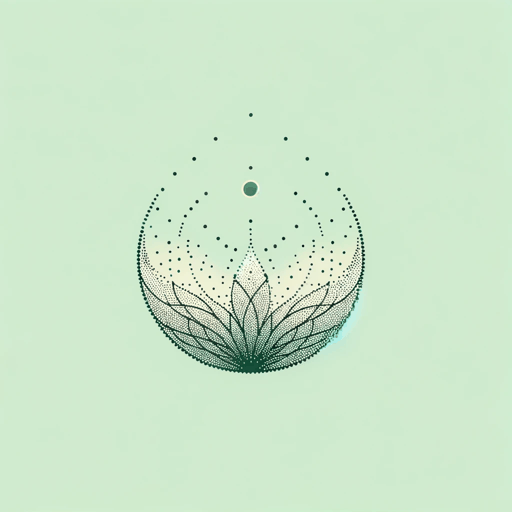69 pages • 2 hours read
Alex HaleyRoots: The Saga of an American Family
Fiction | Novel | Adult | Published in 1976A modern alternative to SparkNotes and CliffsNotes, SuperSummary offers high-quality Study Guides with detailed chapter summaries and analysis of major themes, characters, and more.
Important Quotes
Content Warning: This section contains graphic depictions of enslavement, including violence, sexual assault, and death associated with slavery. The source material contains frequent use of racial slurs and racist language, which are reproduced in this guide only through quoted material.
“‘I will bring the toubob!’ Binta would yell at Kunta when he had tried her patience to the breaking point, scaring Kunta most thoroughly, for the old grandmothers spoke often of the hairy, red-faced, strange-looking white men whose big canoes stole people away from their homes.”
(Chapter 7, Page 32)
This passage shows how the threat of white European enslavement disseminated into the society of the Mandinka, as Binta uses the threat of the toubob, whom many Mandinka believe are cannibals, to enforce social norms of manners and behavior. In a way, this passage shows the threat of the toubob as less than serious, much as make-believe monsters could be used to scare children, but it also shows how, by the mid-18th century, white invaders were common knowledge in The Gambia.
“Then suddenly, in the darkness, he heard the shrieks of some forest creature caught by some ferocious animal, and he thought about people catching other people. In the distance he could also hear the howling of hyenas—but rainy season or dry, hungry or harvest, every night of his life, he had heard hyenas howling somewhere. Tonight he found their familiar cry almost comforting as he finally drifted off to sleep.”
(Chapter 18, Page 83)
At age eight, Kunta listens to the sounds of animals in the forest and compares them to hypothetical sounds of toubob kidnappers. The cries of hyenas, though threatening, appear comforting in comparison, because Kunta is already starting to view Africa as an interconnected ecosystem, in which hyenas, like humans, are only one part. The toubob, however, are not a part of this ecosystem, marking them as a threat the fabric of African societies.
“‘There is something you need to know,’ said Omoro. ‘All men make mistakes. I lost a goat to a lion when I was of your rains.’ Pulling at his tunic, Omoro bared his left hip. The pale, deeply scarred place there shocked Kunta. ‘I learned, and you must learn. Never run toward any dangerous animal!’”
(Chapter 21, Page 98)
This is a crucial moment between Omoro and Kunta, as people in Mandinka society do not reveal such intimate information about themselves casually. By revealing that all people make mistakes, Omoro is essentially breaking the appearance of perfect stoicism that everyone maintains in Juffure. The scar is a physical mark of a lesson Omoro learned as a child, and he breaks these social walls to save his son from the same fate, showing that some aspects of life are too important to be ignored for the sake of maintaining social norms.
Related Titles
By Alex Haley


